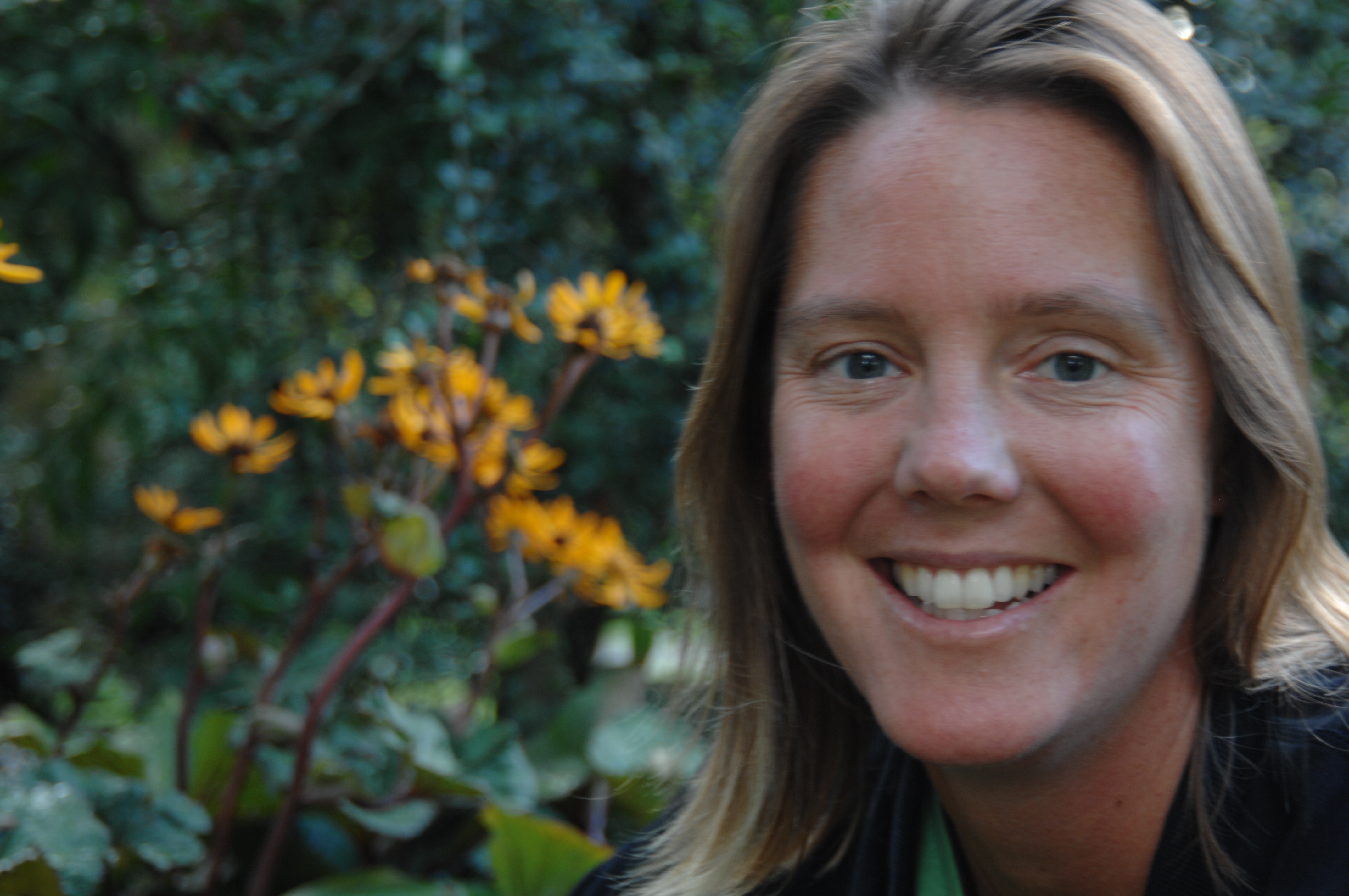You are having dinner with a friend and notice a softball-sized protrusion on the left side of your friend’s head. Do you inquire
about your observation? Maybe you make jokes? Or, perhaps you choose to
remain silent.
When we experience or witness cognitive declines, we meet them with
resistance and say: “Dang it. Where the heck are my keys?” Or,
“Idiot. I hate when I can’t remember.” Or, “Geeze, how many
times do we have to have this conversation?”
Sometimes, we say nothing.
Silence speaks unkindly.
Despite popular beliefs about cognitive decline being a natural
concomitant of the aging process, the National Institute of Health on
Aging reminds us that “age-related changes in cognition are not
uniform across all cognitive domains or even across all [people ages 65
and greater.]” There is tremendous variability in cognitive
functioning among people who comprise this heterogenous group.
And when cognitive shifts do present, often as an inability to remember
recently learned information, important dates or repeating questions –
we, yet again, opt for silence.
Or, we ignore, deny, hide and humor.
It is estimated that 60% of female and 70% of male Americans will live
dementia free lives.
In a fear-based culture, one that favors an us vs. them mindset, these
sorts of comforting statistics do not readily capture our attention.
Instead, we glom onto facts such as: “There are 5.4 million
Alzheimer’s patients in the United States.”
For these millions of Americans, their existence is described as
“terrible,” “they’ve been robbed of their memories,” and
“this is just devastating.” These stories are of loss, wrapped in
loss, and suspended by more loss.
Yes. It has been suggested that in the brains of people affected by
Alzheimer’s (as determined by autopsy) there is evidence of diminished
neural connections, brain atrophy or surface area decreases,
neurofibrillary tangles and cellular death. This is just to name a few
of the potential losses evidenced in the brain.
However, these changes are often foreshadowed by present-day behaviors
and interactions presented by people affected by Alzheimer’s. When we
talk about how terrible Alzheimer’s is, this has the potential to
inform and shape people’s experiences. How different would our
experiences be if we used language of strength and resilience and
gratitude to frame the story of cognitive transformations?
What if we begin the story from a different vantage point? A story that
begins by us listening rather than narrating. One that holds as the hero
of the story the one who is directly affected by Alzheimer’s.
When I read the number of “Alzheimer’s patients in the United
States,” I read: We have 5.4 million teachers waiting for class to
begin.
We have so much to learn. We know so very little. We could equate our
knowledge with the measurement of animals from largest to smallest. Our
knowledge is equivalent to that of a tiny crustacean, a Stygotantulus,
that measures a tenth of a millimeter in length.
When we stop fearing them and start seeing them as us, then we will be
ready for class to begin. Maybe then we will begin to learn.
These teachers hold valuable gifts in the realm of practicing present
moment awareness. We could only hope to be so lucky to be chosen to be a
teacher.
When we show up for class, with a mindset of not-knowing, perhaps then
we can begin to meet cognitive transformations with curiosity, rather
than resistance, and begin saying: “Deep breath in, my keys are
temporarily out of sight?” Or “Gosh, I wonder how long this will
last?” Or “Curious. It appears to me that for you this is the first
time we are having this conversation?”
If you’re not ready for class to begin, this is perfectly fine.
Please though, say something to your friend when you notice a
softball-sized protrusion that presents as forgetting important dates.
Be brave.
Choose to be kind and listen for what is being said in silence. Truly hear the words of silence.

